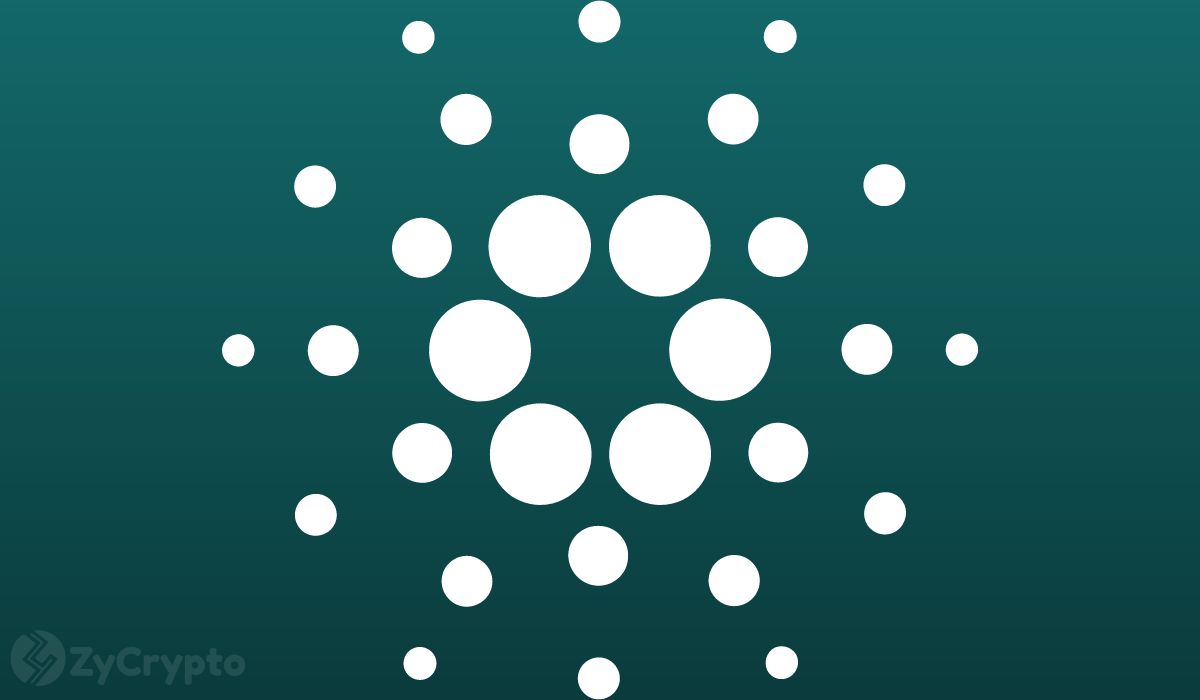Financial Technologies and Blockchain for Identity Authentication
Identity verification has long been a challenge in the digital space.

Identity verification has long been a challenge in the digital space. With the ever-growing number of online transactions, services, and interactions, ensuring secure, reliable identity checks has become critical. Financial technologies, powered by blockchain, are now reshaping how individuals validate their identity across the world. They’re reducing fraud, enhancing data control, and building trust at scale—without the outdated paperwork or centralized vulnerabilities.
Redefining Digital Identity with Blockchain
In the past, verifying who someone really is often meant relying on third-party databases, physical documents, or centralized systems prone to breaches. By contrast, blockchain introduces a new architecture—decentralized, transparent, and virtually tamper-proof. Every identity-related event—be it account creation, KYC compliance, or authorization—is recorded immutably, making backdoors and manipulation nearly impossible. For governments, banks, fintech startups and global enterprises, this changes everything.
Being distributed across nodes in a global network, data on blockchain isn’t controlled by any single entity. Once an individual creates a digital identity tied to the blockchain, only they control the private keys or credentials. If you live in a part of the world where traditional infrastructure is limited or trust mechanisms are weak, this tech can mean access to services that were previously out of reach.
Real-World Use Cases Already in Motion
Companies and institutions across various sectors are already deploying blockchain-based identity systems. They’re empowering users, preventing misuse of personal data, and driving real change:
- Banking: Financial institutions now allow customers to authenticate with digital credentials stored on the blockchain, eliminating inefficient document checks.
- Healthcare: Medical records linked securely to blockchain identities ensure fast, safe access—especially during emergencies or in cross-border care.
- Voting systems: Remote and online voting becomes possible through secure blockchain ID that verifies voter authenticity without revealing sensitive information.
- Education: Academic certificates and qualifications issued via smart contracts slash credential fraud and streamline recruiter verification.
Across the digital landscape, whether someone is onboarding to a financial app or applying for cross-border aid, blockchain identity delivers a self-sovereign framework. People finally gain ownership of their data while still proving credentials when necessary.
Challenges to Solve Before Mainstream Adoption
Even with its potential, using blockchain for identity isn’t turn-key. Several issues remain on the radar:
- Interoperability: Many separate systems exist; bringing them together into a unified framework is key for scalability and user convenience.
- Legal recognition: Countries need to create and update legislative frameworks to recognize blockchain IDs across borders.
- User literacy: Individuals must understand and securely manage their keys. Lost credentials can mean lost access—a unique risk in a decentralized world.
Despite these hurdles, ongoing pilot projects in every major region of the world.org show that governments and private sectors are serious about integrating this model. Innovative legal sandboxes, identity consortiums, and open-source protocols are closing the knowledge and standardization gaps quickly.
The Future of Identity Belongs to the Individual
Data is currency, and identity is at its core. Traditional methods of verification are no longer enough in a connected world where personal information circulates faster than policies can catch up. Financial technologies backed by blockchain free users from being passive data points. Whether applying for microloans in emerging markets or registering for global services, people can now own their identity, share only what’s needed, and trust it’s secure.
This trustless architecture makes it possible for someone living in any part of the world—from urban centers to rural territories—to engage financially and socially without institutional gatekeepers. It’s not just about technology; it’s about restoring control and reshaping how identity works in the twenty-first century.
Delegate Your Voting Power to FEED DRep in Cardano Governance.
DRep ID: drep12ukt4ctzmtf6l5rj76cddgf3dvuy0lfz7uky08jfvgr9ugaapz4 | We are driven to register as a DRep by our deep dedication to the Cardano ecosystem and our aspiration to take an active role in its development, ensuring that its progress stays true to the principles of decentralization, security, and community empowerment.DELEGATE VOTING POWER!



